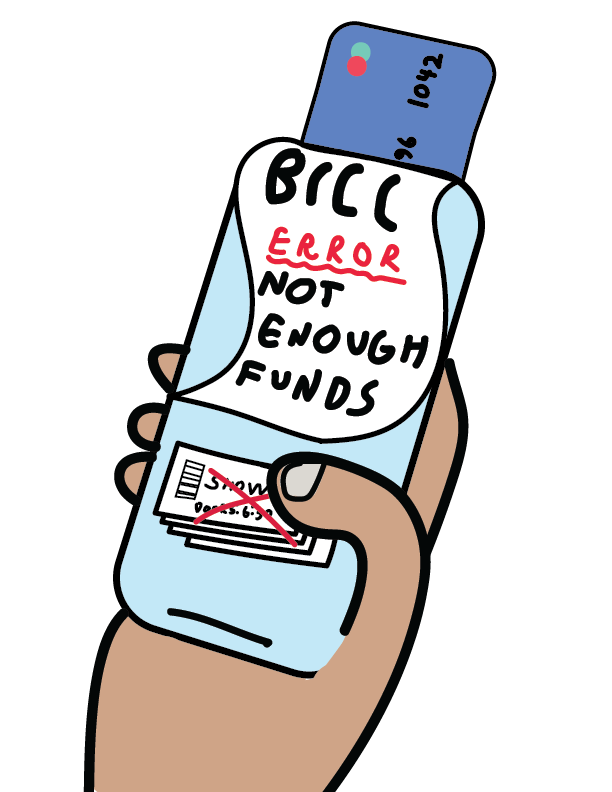When will ticket distribution companies learn that raising ticket prices will ultimately ruin their rapport with customers?
Picture yourself going online to buy a ticket for your favourite artist or group. You’re ready to spend your hard-earned cash to experience a live show. With dismay, upon checking the prices of just the nosebleed section tickets, you put your laptop away in disgust.
In my case, it was ’90s Québec star Daniel Bélanger. He’s most known for writing hits like “Les Deux Printemps” and “Rêver Mieux.” I figured tickets to see him live would cost around $60 a piece, max $75. Little did I know that when I checked the website Event Tickets Center, tickets ranged from $160 to $315. I’m sorry, but even if you are someone who is considered to be a national treasure of Québec’s music culture, that doesn’t excuse $315 tickets.
Honestly, it doesn’t seem worth it to go see a single group perform live for that much money. Rock and rap fans have it worse than the other genres, too. According to data analysis conducted by FinanceBuzz, from 2017 to 2021, the average rock ticket cost around $160, while rap ticket prices averaged $135. These prices have not budged since.
That being said, bands do have to make up for expenses. They have to pay the venue their cut, and they have to pay their roadies, their sound technicians and their travel costs. Buying gear and renting studio rooms are expensive, and those expenses will grow exponentially once you go on tour.
Who is at fault here? Is it the artists/groups, the venues, or distribution companies? Could we even blame “good old inflation?” I can assure you that it’s a lot more complicated than that.
In the case of Taylor Swift’s The Eras Tour, it was the fault of LiveNation, who owns the ticket-distributing site known as Ticketmaster. LiveNation’s secondary ticket service, TicketsNow, and eBay’s subsidiary StubHub were reselling the tickets, charging fans upwards of $22,000. That’s the cost of like… four courtside Boston Celtics tickets.
Will we ever see ticket prices drop? Probably not in the near future; however, artists are trying to help ease the pain of buying tickets. Pop star Caity Baser stated recently that her 2023 tour would “keep tickets affordable for all.” We have yet to receive a number on those prices. Sam Smith and Mod Sun are also charging less than the average, costing around $55 for the “Unholy” singer and $49 for the latter, according to SeatGeek.
Hopefully, concert ticket prices will turn a new corner in the next couple of years because my wallet is skin and bone from last year’s and this year’s purchases.
Graphic by Eric Wieder
